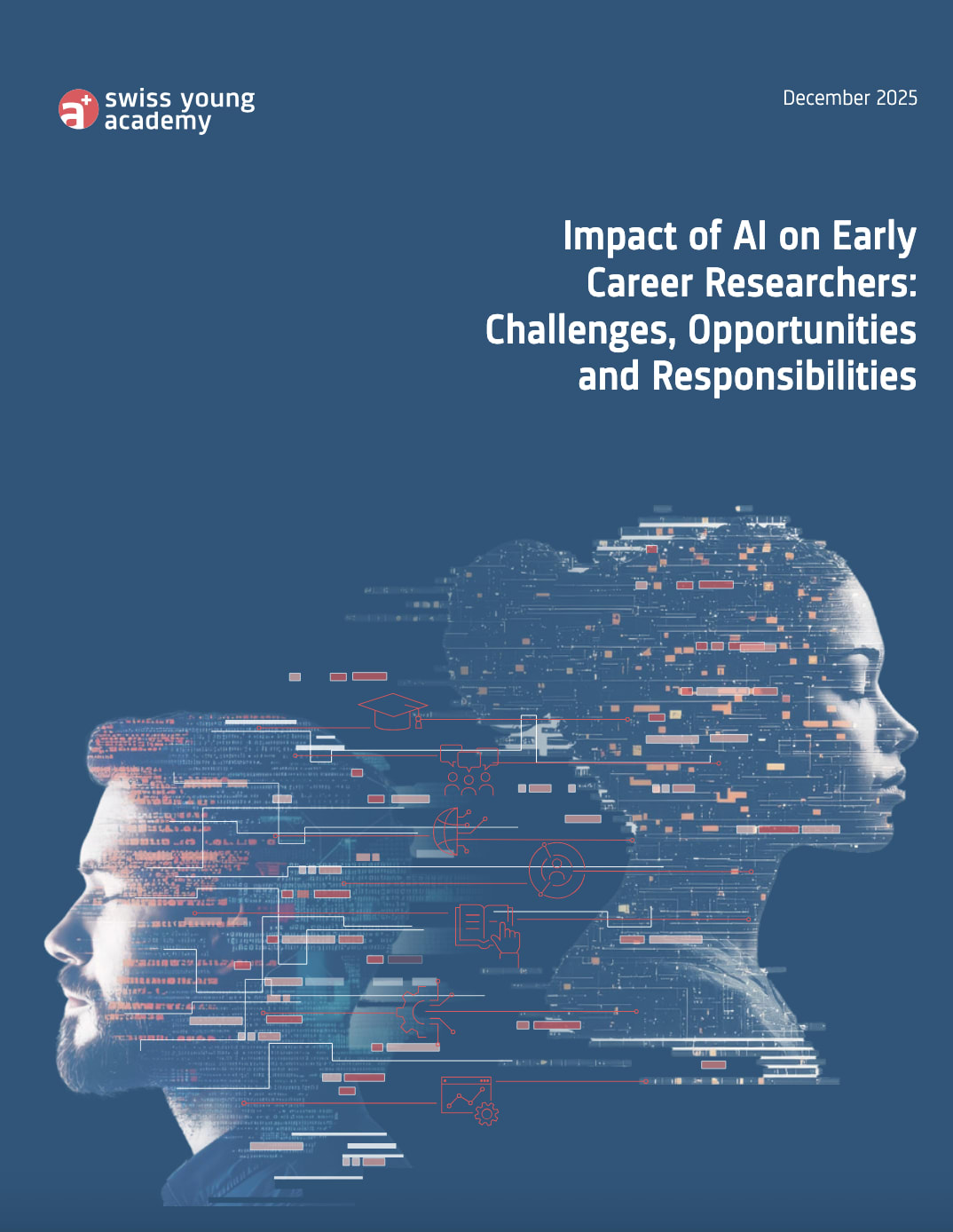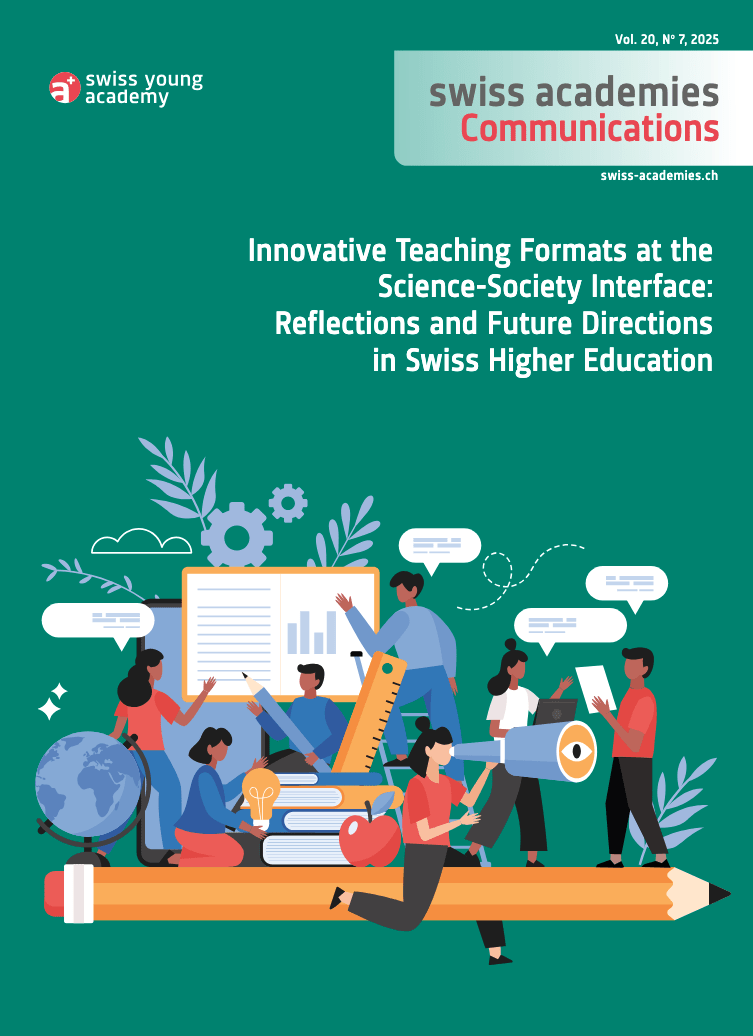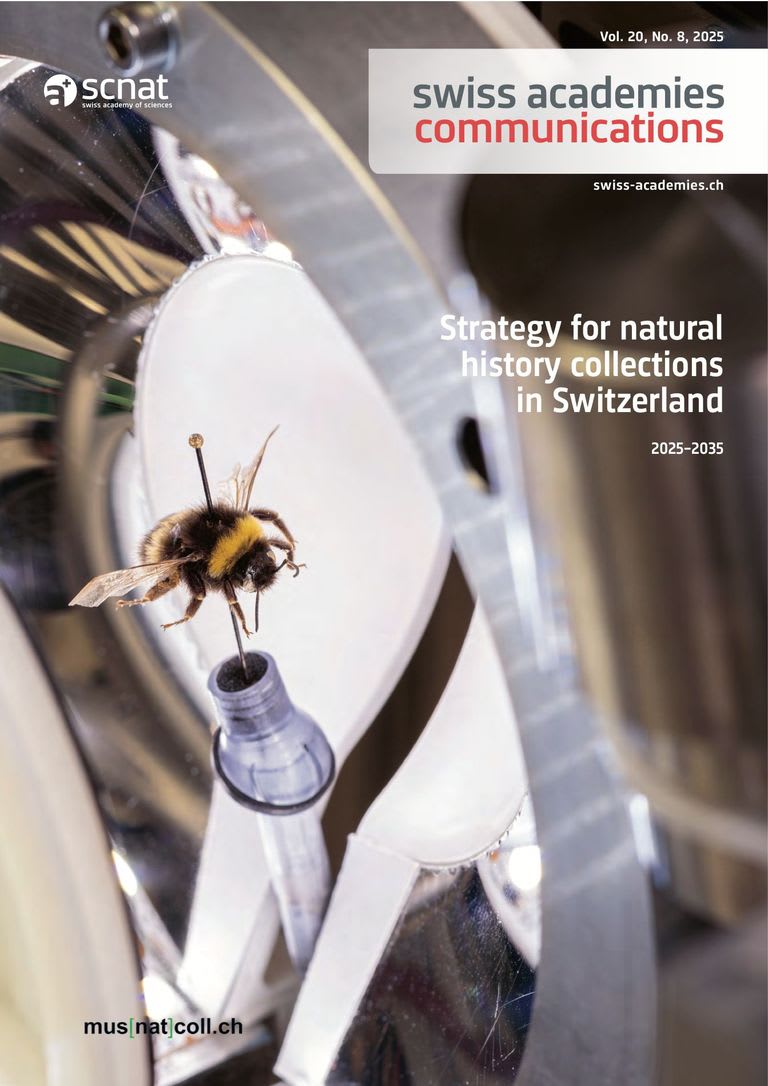Swiss Academy of Medical Sciences SAMS
Nachhaltige Entwicklung des Gesundheitssystems
SWISS ACADEMIES COMMUNICATIONS, VOL. 14. NO 2, 2019
In den letzten Jahren hat es zahlreiche Vorschläge gegeben, wie das Schweizer Gesundheitssystem zu reformieren wäre. Die meisten Initiativen sind jedoch auf Skepsis oder Ablehnung gestossen. Damit Reformen gelingen, braucht es gemeinsame Ziele. In ihrem Positionspapier zur Nachhaltigen Entwicklung des Gesundheitssystems stützt sich die SAMW deshalb auf das Triple Aim-Konzept als Kompass.
Dessen Grundidee ist es, gleichzeitig aus einer Public-Health-Perspektive, einer individualmedizinischen Perspektive und einer Nachhaltigkeitsperspektive Ziele für das Gesundheitssystem zu formulieren. Das Dokument präsentiert acht übergeordnete Massnahmen und wird ergänzt durch eine Roadmap mit konkreten Teilaufgaben für die Jahre 2019 bis 2023.
Schweizerische Akademie der Medizinischen Wissenschaften (2019) Nachhaltige Entwicklung des Gesundheitssystems. Swiss Academies Communications 14 (2). DOI: https://doi.org/10.5281/zenodo.1922253




